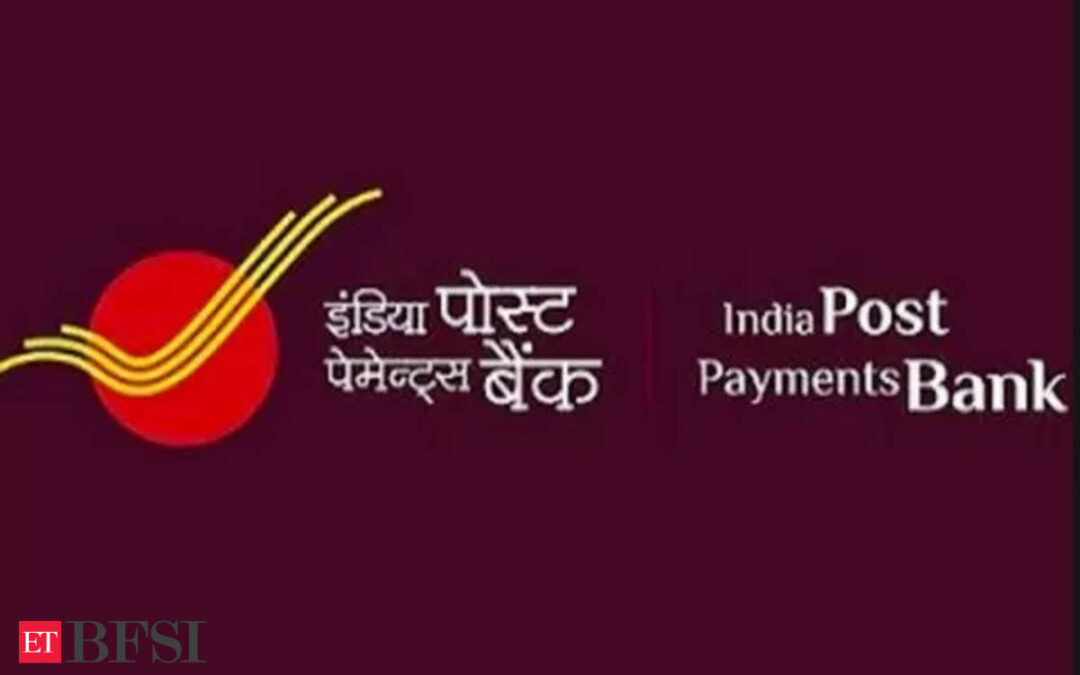India’s state-owned payments bank plans to double its income this year from 7.6 billion Indian rupees ($91.94 million) in 2022/23 and seeks to partner with more banks to sell loans, Managing Director J Venkatramu said on Wednesday.
India Post Payments Bank (IPPB) reported a net profit of 200 million rupees in 2022/23, Venkatramu said, as compared with a loss of 1.6 billion rupees in the previous year.
“We aim to sustain our profitability at the same level (200 million rupees) in FY24,” he said in an interview.
The payments bank was launched in September 2018, and leverages a network comprising about 155,000 post offices and
260,000 postal department employees, including postmen.
The state-run payments bank is focusing on expanding partnerships with lenders to advance loans in rural India through its wide network and reach, Venkatramu said.
IPPB provides banks with information on borrowers’ creditworthiness to help lenders advance loans, and come up with pre-approved credit products, he said. In return, it earns income via fees from these lenders.
It has partnered with HDFC Bank, Axis Bank and non-bank lenders such as Mahindra Finance to advance loans in rural India through its wide physical presence. IPPB is also in the process of finalising a tie-up with two state-owned lenders, Bank of India and Bank of Maharashtra, Venkatramu said.
Presently, the Reserve Bank of India’s regulations bar payments banks from using their own funds for lending, but do not restrict them from selling other banks’ products. These banks are allowed to hold deposits of up to 200,000 rupees, in an account, but much of this has to be invested in government securities.
“There should be relaxation in the payments bank model. RBI should provide some relaxation to payments bank in the form of lending small value loans,” Venkatramu said.
That would help the payments bank model to grow, and also achieve financial inclusion, he said.
The RBI first introduced the category of payments bank in 2016 to ease the process of remittances from workers in urban areas to their hinterlands. Fast evolving technology, however, made, this goal less relevant, leaving payments banks scrambling to revamp business models.
IPPB has received a capital infusion of 8.2 billion rupees in the last three years, and the government has earmarked 5 billion rupees for the ongoing financial year and the next, Venkatramu said.










